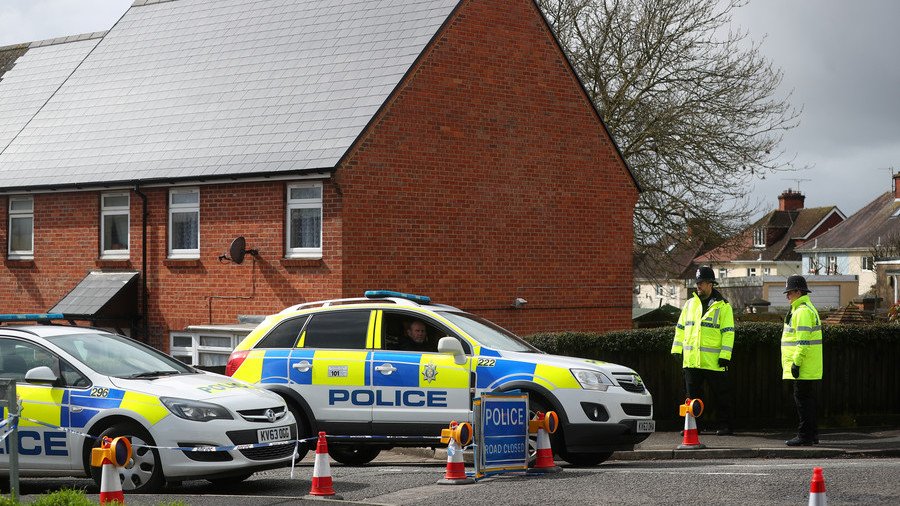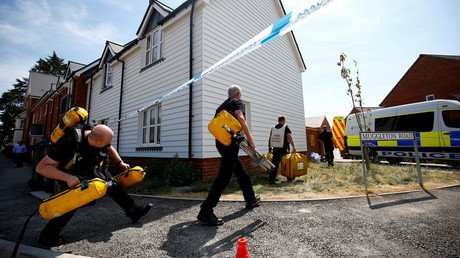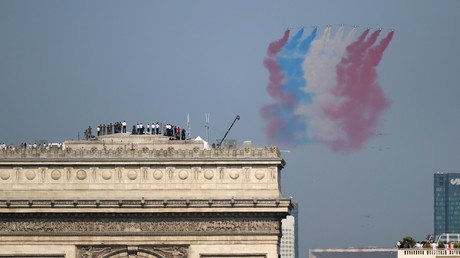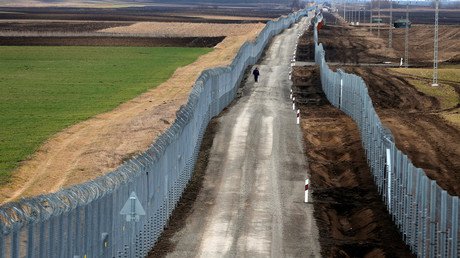UK investigators believe they identified Skripal attack suspects – Press Association source

Investigators in the UK believe they have identified a number of suspects in the March poisoning of ex-double agent Sergei Skripal and his daughter, the Press Association reports, citing an unnamed source.
The investigators reportedly believe that “Russians” are involved in the attack after they analyzed CCTV footage.
“Investigators believe they have identified the suspected perpetrators of the Novichok attack through CCTV and have cross-checked this with records of people who entered the country around that time. They [the investigators] are sure they [the suspects] are Russian,” the Press Association said citing “a source with knowledge of the investigation.”
The news comes around two weeks after a British man and woman in their 40s were hospitalized following “suspected exposure to an unknown substance” in the town of Amesbury, around 12km from Salisbury.
The substance was later identified as the same nerve agent that was used against Sergei Skripal and his daughter in March.
One of the Amesbury victims, Dawn Sturgess, died on July 8. Her partner, Charlie Rowley, who is still in the hospital, claims that the nerve agent came from a perfume bottle, according to Rowley’s brother.
On Wednesday, Wiltshire Police and a counter-terrorism unit conducted a “structured search” of Queen Elizabeth Gardens in Salisbury as part of the ongoing probe into the Amesbury incident.
From the very beginning, British authorities have pointed the finger at Russia for the Skripal poisoning, but have yet to present any evidence of Russian involvement. Moscow has repeatedly denied playing any role in the attack and has offered to assist in the investigation, but says it has been walled off by London. The UK and its allies, reiterating the ‘highly likely’ mantra of Moscow’s culpability, also initiated a mass expulsion of Russian diplomats from over a dozen countries.
However, not all the Western powers were convinced by the UK’s allegations and anti-Russian rhetoric. For example, Austria refused to follow suit in expelling Russian diplomats.
READ MORE: Leak at Porton Down lab may be behind UK nerve-agent poisonings – Russian embassy
Chancellor Sebastian Kurz said that Vienna and Moscow maintain “good” relations and he wants Austria to remain a “bridge building” platform where “hundreds of diplomats hold talks” on a daily basis. Germany did expel Russian diplomats in March, but more than three months after the incident it apparently received no facts to prove Russia was to blame for it.
One of the most ‘solid’ arguments in the Skripal saga to pin the blame on Moscow was that the Novichok nerve agent allegedly used in the attack came from Russia. However, Czech President Milos Zeman later said that his country had also previously produced and tested a nerve agent from the so-called ‘Novichok family’. Additionally, German media reported that Novichok was obtained by German intelligence back in the 1990s and it even shared the formula with its “closest allies,” including the intelligence services of the US and UK.















